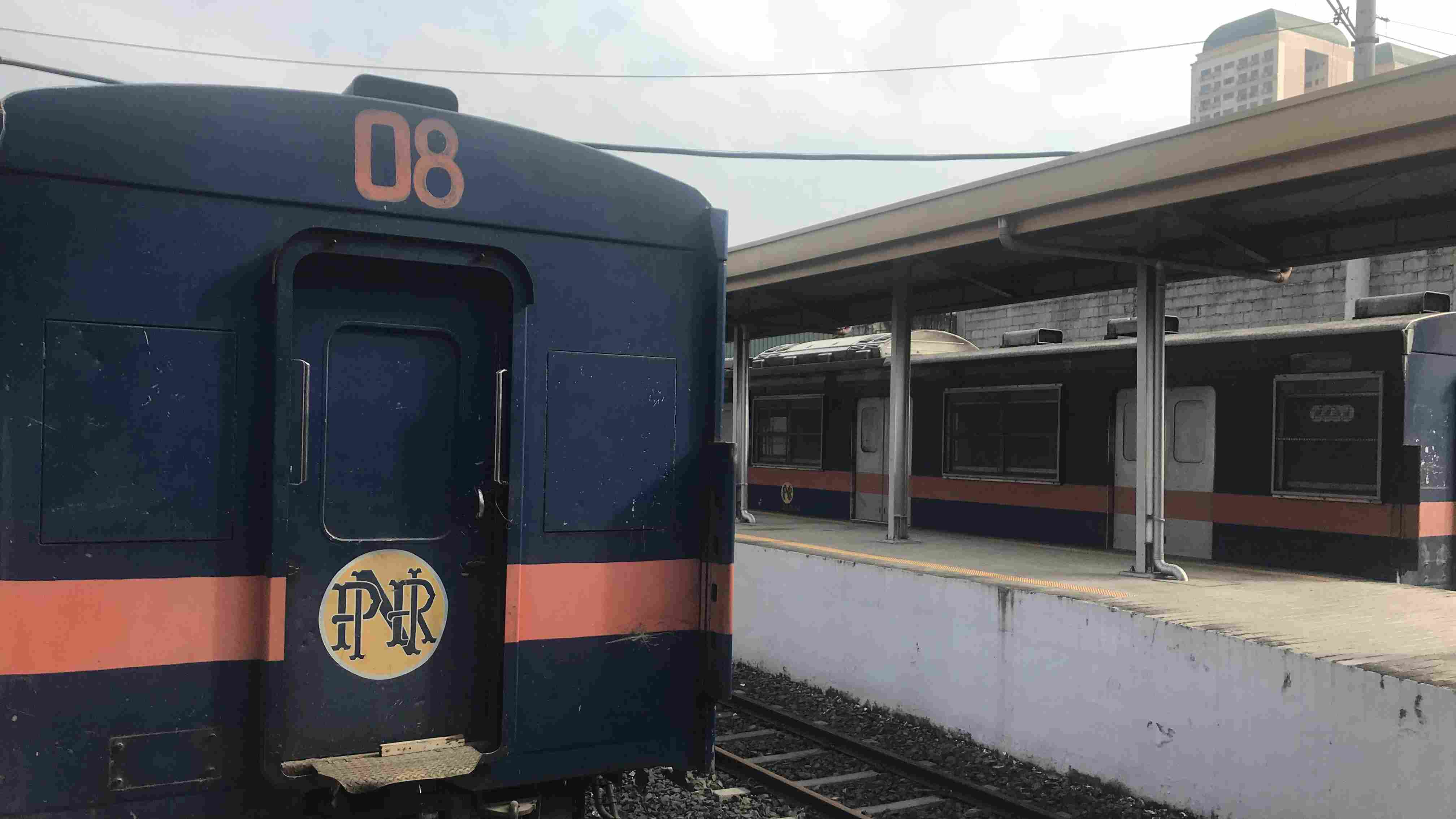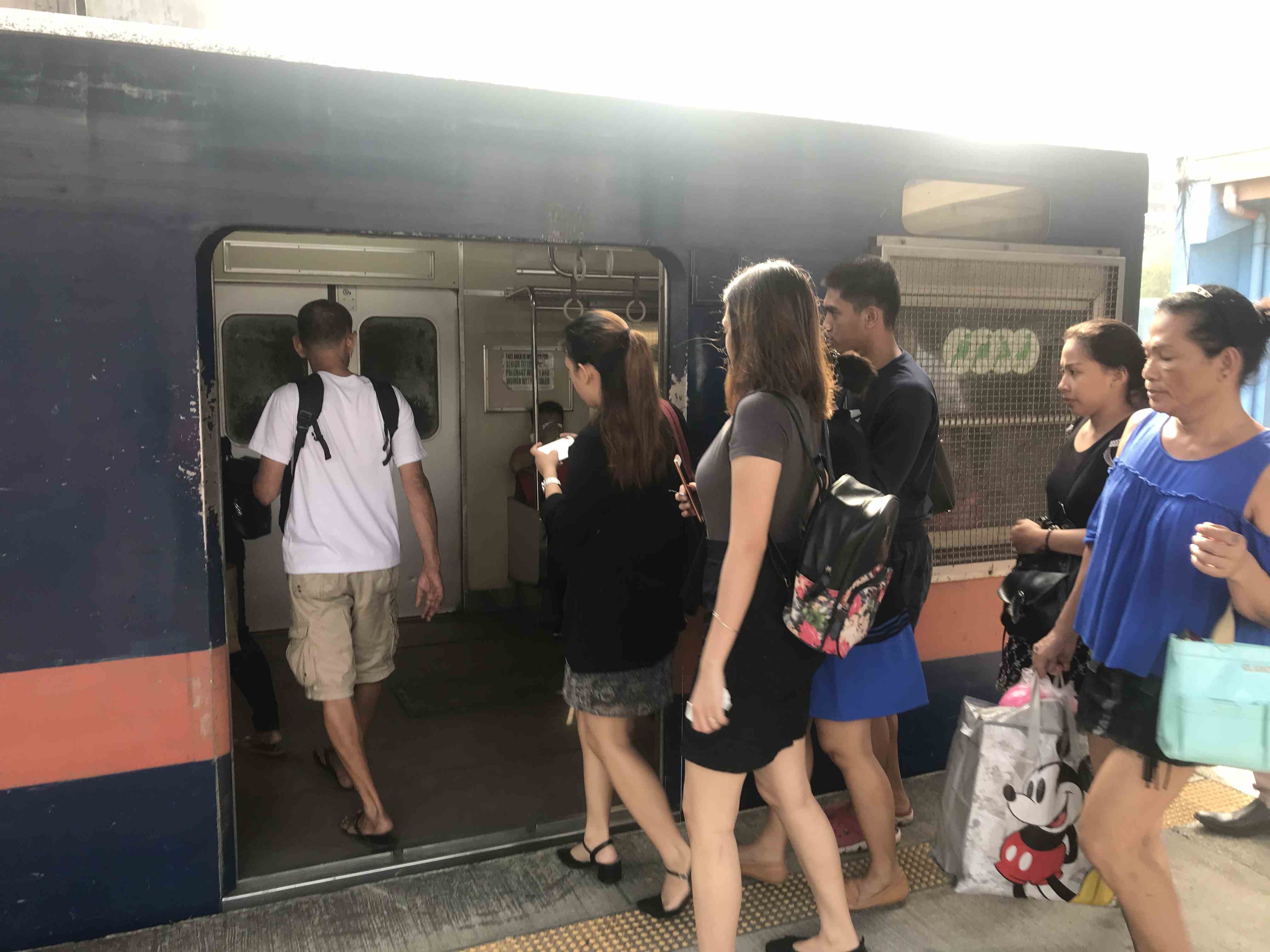
World
21:12, 21-Nov-2018
China tapped to power Duterte's ambitious program to revive old railway
Updated
20:13, 24-Nov-2018
By Barnaby Lo

Chinese President Xi Jinping's recently-concluded state visit to the Philippines, the first for a Chinese head of state in more than a decade, has been hailed by both sides as having elevated diplomatic ties to new heights.
"The President and I both agreed to elevate our relationship into one of comprehensive, strategic cooperation. This vision charts a clear course for China-Philippines relations and it sends a strong message to the world that our two countries are partners in seeking common development," Xi said in a joint statement with Philippine President Rodrigo Duterte.
Close to 30 cooperative agreements were signed during the state visit, including a much-anticipated memorandum of understanding on joint oil and gas exploration. A significant number of the agreements were for infrastructure development.
In fact, much of Duterte's foreign policy pivot to China is anchored on a 9-billion-U.S.-dollar pledge for development aid.
Two years after the Philippine leader's first trip to China, and now with President Xi's return visit, one of the big-ticket projects set to be funded and constructed by China is moving closer to implementation.

Passengers wait for their train at a station in the Philippines. /CGTN Photo
Passengers wait for their train at a station in the Philippines. /CGTN Photo
China Railway Design Corporation has been awarded the contract for the revival of what's known as the South Long Haul project or the Bicol Express, according to reports quoting the Philippines' Budget Secretary Benjamin Diokno.
“China has rolled out the most massive railroad network in the last two decades compared to all other railway jurisdictions out there. And that recent experience in rolling out really extensive railway network is what we're tapping into,” Timothy Batan, the country's undersecretary for railways, said in an interview with CGTN.
The century-old Philippine National Railway used to service areas from Manila all the way to the Bicol region, a distance that spans hundreds of kilometers. But years of government neglect have left it deteriorating. Now its operations are down to just commuter lines within Metro Manila and between Sipocot and Legazpi City in the Bicol region.
Francis Carag, a 22-year old architect who grew up in the province of Sorsogon, also in the Bicol region, has heard about the old Bicol Express from his parents. But he's never had the privilege of experiencing the ride.

Francis Carag, a 22-year old architect who grew up in the province of Sorsogon, stands in the street. /CGTN Photo
Francis Carag, a 22-year old architect who grew up in the province of Sorsogon, stands in the street. /CGTN Photo
"The travel back to my hometown (and vice-versa) from Manila, where I work now, can go for as long as 17 hours. And it isn't just long, it's difficult," said Carag.
"You get to the bus station not assured of being able to get a seat. And even when you do get a ticket, buses are usually packed."
Carag is hopeful the Duterte government will make good on its promise to revive the Bicol Express. There have been previous attempts during past administrations, but Batan says the current phase of the project is the furthest it's gone.
"I say reconstruction because unlike previous efforts where we were just trying to rehabilitate the older service, the current effort to revive it together with our Chinese partners is really to build a practically new connection," Batan said.
When done, the new Bicol Express will stop at nine stations scattered across a distance of more than 600 kilometers, longer than the old route, and with train tracks laid out on a straighter path, according to Batan.
Millions stand to benefit from the ambitious project, and Batan assures the same will be true during construction as Filipino labor will be utilized.

SITEMAP
Copyright © 2018 CGTN. Beijing ICP prepared NO.16065310-3
Copyright © 2018 CGTN. Beijing ICP prepared NO.16065310-3